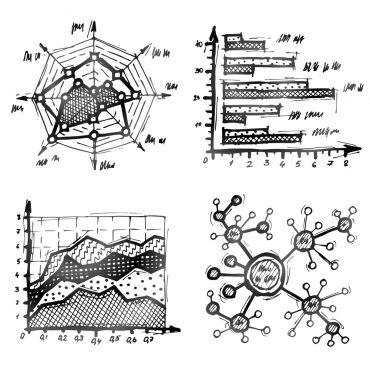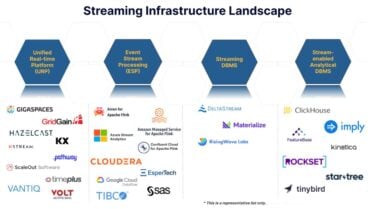
Software AG launches Nyoka, an open source library that eases transforming machine learning and AI models into standard Predictive Model Markup Language.
Data scientists may breathe a little easier with Software AG’s launch of a new open source library that eases the transformation of machine learning and artificial intelligence (AI) models into an industry-standard language.
The Frankfurt-based company released its Nyoka library that enables data scientists to transform models for predictive analytics, AI and machine learning into the industry standard Predictive Model Markup Language (PMML). It unveiled Nyoka at the Big Data Conference in Santa Clara, CA, this week.
The open source Python library, which supports the latest PMML standard, furthers Software AG’s ongoing efforts in the area of open industry standards.
See also: Who are the leaders in open source IoT application development?
PMML, the leading standard for data mining and statistical models, is an XML-based predictive model interchange format. The development of this format has been a 20 year-project of the Data Mining Group, a vendor-led, independent consortium that develops data mining standards.
“Nyoka streamlines the work of data scientists, reduces the complexities of deploying machine learning models, and gives them more time to focus on creating new models that deliver increased business value,” said Dr. Michael Zeller, Software AG’S Senior Vice President, AI Strategy & Innovation in the company’s press release. “To address the challenges that organizations face with complex AI solutions, frequent model updates, cross-platform execution as well as data integration, Software AG emphasizes a vendor-neutral approach that provides users plug-and-play simplicity with a wide range of components.”
The first release of Nyoka contains several functions and classes designed to ease the work of data scientists. Software AG says that not only does Nyoka provide comprehensive support for the latest PMML standard but also for extensions that handle deep neural networks, data preprocessing and script execution.
It also includes extensive HTML documentation and Jupyter Notebook tutorials demonstrating how the library supports PMML as a transport file format for data science models.
“The increasingly complex, multi-vendor IT environment, coupled with a rapidly growing collection of open source machine learning packages has multiplied the value of open industry standards,” said Holger Mueller, VP and Principal Analyst at Constellation Research in the news release. “To truly scale smarter, AI-driven applications across the organization, it will be imperative to establish consistent processes that leverage open platforms.”




























